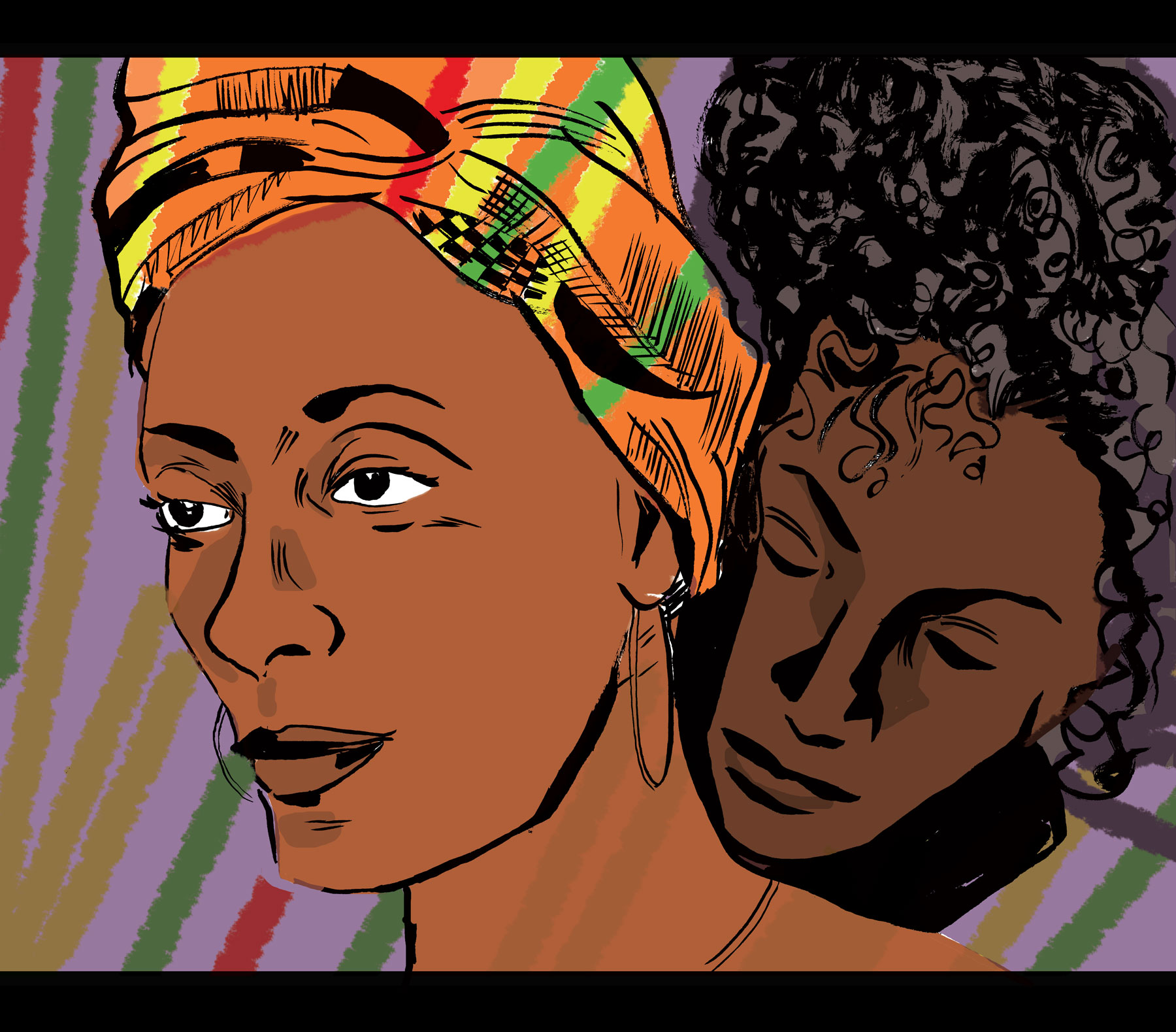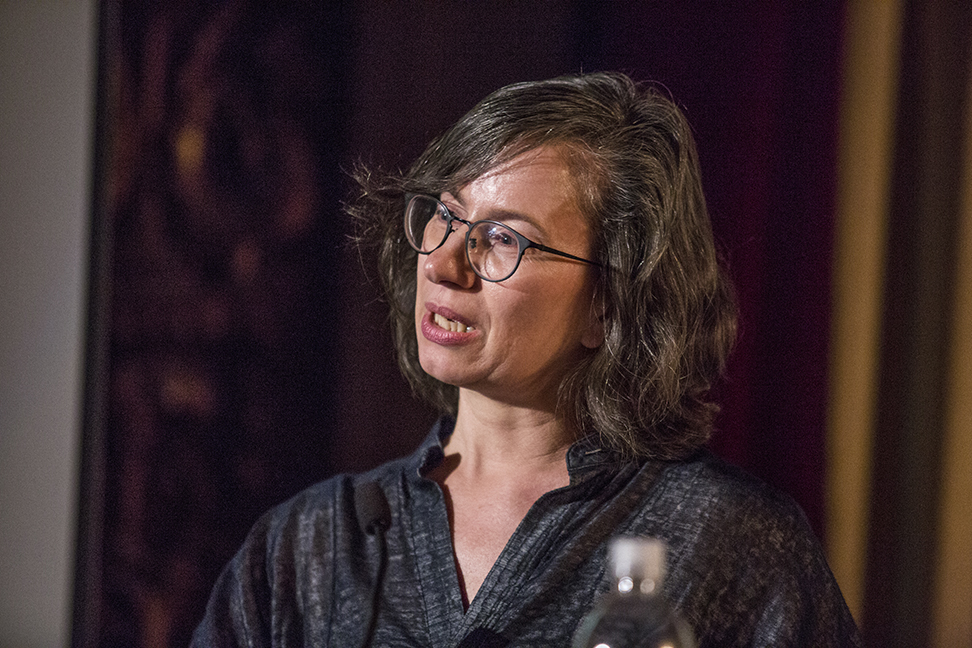
The 22nd Annual Black Harvest International Film Festival, which began on August 5 at the Gene Siskel Film Center, will close this week on September 1.The festival features works of black artists from around the world. Usually offering a huge number of films shot in Chicago, the festival is also a great opportunity for students and film-lovers to get a sense of what is being created in the city. Many films at the festival also offer opportunities to meet the filmmakers. If you missed the festival, these films are still worth checking out on the small screen.
“Maya Angelou: And Still I Rise”
This biopic, by Bob Hercules and Rita Coburn Whack, is a 114-minute portrait of the African American writer and civil rights activist Maya Angelou. Angelou, who is best known for her poetry and autobiographical works (like “I Know Why the Caged Bird Sings”), is shown through different stages in life.There are scenes about her life in a small town in Arkansas, when she performed under the name “Miss Calypso” in nightclubs; and there are later portrayals of her involvement in the civil rights movement. The film is named after Angelou’s third volume of poetry, “And Still I Rise,” which has a personal and confrontational tone that are constantly in parallel on the screen.
“This Is Not Chiraq”
Lawrence Lee Wallace’s gang story was shot in Chicago as a response to the famous satirical musical directed by Spike Lee last year. In Lee’s movie, a child is killed accidentally during a gang shooting, provoking a group of women to withhold sex from their husbands until they lay down arms. As a response to this entertainment-oriented film — which dismissed several aspects of the problems of living in these affected areas — Wallace provides a more concrete depiction of what life in Chicago entails. Shot entirely in Chicago’s South Side and with a team of local actors and real gang members, this film shows a more realistic landscape in which these gang conflicts take place and give us a wider vision of the people implied.
“Agents Of Change: Black Students and The Transformation of the American University”
This very special documentary by Frank Dawson and Abby Ginzberg will headline the closing night of the festival. The film revives archival footage and photographs of the struggles of the late-1960s that led to the creation of departments of black and ethnic studies at American colleges and universities. The film focuses on the student-led strike in San Francisco State University in 1968, and the takeover of the student union at Cornell University in 1969; it also analyzes how these events were seen in the context of the anti-war and civil rights movements of the time. Dawson and Ginzberg’s documentary is important in terms of our possible appreciation of these past events; it is not so much a historical film as it is an ideological one. It is worth seeing if only to help viewers understand the ways in which the past is still influential.
“Spirits of Rebellion: Black Film From UCLA,”
This film aims to inform the audience about the now-forgotten LA Rebellion — a movement that started in the Ethno-communication program at the University of California Los Angeles. Filmmakers employ interviews, excerpts, and diverse material of production and ideology of the movement. The LA Rebellion included filmmakers such as Charles Burnett, Larry Clark, Barbara McCullough, and Bill Woodberry, among others.
“To Sleep with Anger”
This is a restoration of Charles Burnett’s film that was shot in the 1990s. It is a mysterious tragedy in which the enigmatic character Vagabond Harry intrudes on a family’s life with fatal consequences. This film was integral in the collective critical acclaim of Burnett. It demonstrates some of the ideological points of the LA Rebellion movement.
“Saving Barbara Sizemore”
David J. Steiner’s documentary shows the internal life of this Chicago school that has been facing problems since abysmal state test scores last year. The filmmaker uses interviews with teachers to emphasize throughout the film the importance of the different atmosphere the school proposes, specially in terms of their commitment to African Culture.
Additionally, there is a great program of shorts about African American women as they struggle through different aspects of life. From suffering violence on an abusive marriage in Kevin Maxwell’s “Cora,” to a mother that has to take drastic measures as she despairs in her search for a job in Xavier Burgin’s “On Time,” these films illuminate a world that is so often underrepresented in the media.







